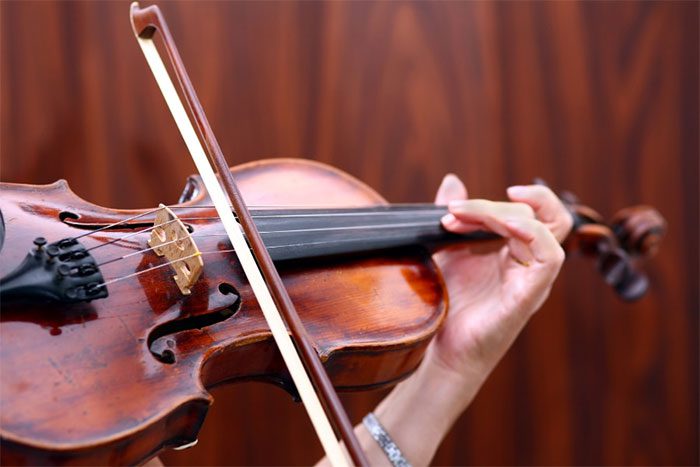In their later years, individuals often face numerous health issues, both physical and mental.
A recent study from the University of Edinburgh (UK) has highlighted the benefits of playing musical instruments in childhood, asserting that this habit leads to sharper thinking and cognition in old age compared to those who did not play or played infrequently.

Playing musical instruments helps individuals have sharper thinking and cognition in old age.
The study involved 366 participants born in 1936, of whom 117 had played musical instruments in childhood and adolescence. The most commonly played instrument was the piano, along with the accordion, bagpipes, guitar, and violin.
Participants underwent assessments of various physical and mental functions, including standard cognitive tests they had performed at age 11, which involved questions requiring verbal reasoning, spatial awareness, and numerical analysis.
In the study, scientists utilized statistical models to explore the relationship between an individual’s musical instrument experience and changes in their thinking skills from ages 11 to 70. This aimed to investigate whether musical experiences in a participant’s life were related to the aging process.
The researchers confirmed that this study provided some evidence that playing musical instruments contributes to improving mental health in older adults.
Ms. Katie Overy, a senior lecturer at the Reid School of Music at the University of Edinburgh, emphasized that music offers lively and enjoyable social activities. She found it fascinating that playing musical instruments could contribute to enhancing mental health.
The research was funded by Age UK and the Economic and Social Research Council and published in the journal Psychological Science.


















































